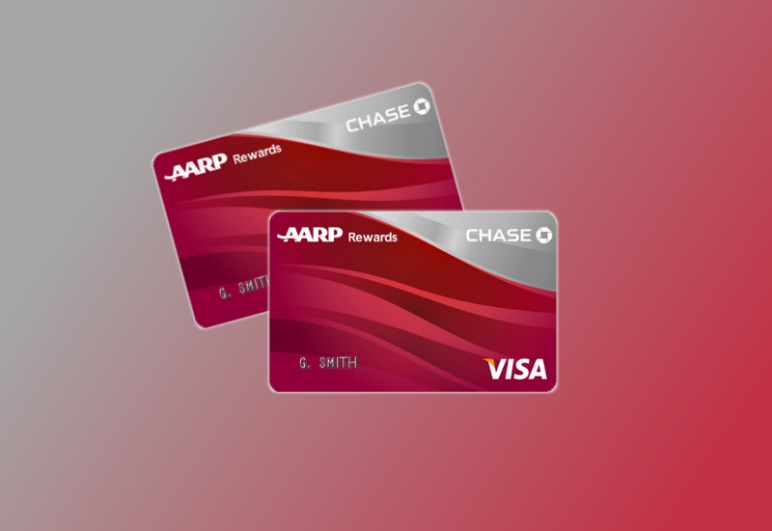Is The AARP Credit Card The Most Suitable Option For Your Financial Needs?
Oct 09, 2022 By Triston Martin
Members have access to AARP tools that may assist them in almost every aspect of their life, and they also enjoy savings on a broad range of services, from a hotel stays to medical care. Chase once offered the AARP credit card; however, the company has since stopped accepting new applications for the card.
Now, via its partnership with Barclays, AARP provides two distinct credit cards, none of which imposes an annual membership charge. To apply, membership in AARP is not required; however, if you want to do so, you may use your rewards to cover the organization's cost. One of the AARP credit cards is oriented for those who spend a significant amount of money on travel, while the other is excellent for spending a bit closer to home.
AARP Essential Rewards Mastercard
The AARP® Essential Rewards Mastercard® may be a good fit for you if you spend significant money on medical bills and prescription medicines. This card does not assess an annual fee, and you will get 3% cash back on purchases made at petrol stations and drugstores (except purchases made at Walmart and Target), 2% cash back on medical costs, and 1% cash back on all other transactions.
Spending $500 on purchases with the card during the first three months after establishing an account will get you a cash bonus of $100. As long as your account is active, there is no limit to the number of prizes you may accumulate, and those rewards will be valid indefinitely. Simply having this credit card gives you access to a free online version of your FICO credit score.
If you have a lot of medical expenses or make many purchases at drugstores, then the AARP® Essential Rewards Mastercard® is a smart option for you. It's also a fantastic choice for those needing to consolidate debt with a high-interest rate. Be aware, however, that your card will charge you a foreign transaction fee of three percent for any transactions made outside of the country.
AARP Travel Rewards Mastercard
You may also want to consider applying for the AARP® Travel Rewards Mastercard®, which does not have an annual fee and comes with various reward categories designed with regular travelers in mind. The rewards offered by this card are as follows: 3% cash back on an airline, hotel stays, and vehicle rentals; 2% cash back on purchases made at restaurants; and 1% cash back on everything else. In addition, you may get the same $100 cash incentive by making transactions totaling $500 during the first ninety days after creating your account.
Because this is a travel credit card, there are no costs associated with using it in other countries. If you choose this option for your card, the rewards you earn have no limit, and they will be valid for as long as your account is active.

AARP Credit Card Fees and Costs
If you want to carry a load from month to month, the AARP credit cards are not the best option for you because of their generous benefits. If you anticipate having to carry a balance for an extended period, you should avoid applying for either the AARP® Essential Rewards Mastercard® or the AARP® Travel Rewards Mastercard® since both of these credit cards have a high variable annual percentage rate (APR) on purchases. If you want to carry a load from month to month, it is in your best interest to look into credit cards with low-interest rates or cards that provide 0% APR on purchases for a certain period.
Also, the available alternatives for an AARP credit card do not charge an annual fee, and they both come with the same introductory offer of 0% interest on balance transfers. Your variable annual percentage rate (APR) will be either 18.99%, 22.99%, or 27.99%, depending on your creditworthiness, regardless of the card choice you choose from the available options.

How to Use Rewards
Utilizing your AARP credit card for all your purchases and payments, especially those that fall under the bonus areas of your card, is the most effective method to get the most out of having one. After that, the best way to prevent having to pay any interest is to make sure that you pay off your credit card in full every month.
How much money are you able to make? This will be determined by the kind of card you apply for and your typical purchasing patterns. It might be beneficial to understand what each bonus category entails. For instance, according to Barclays, "medical costs" do not include the cost of health insurance premiums.








